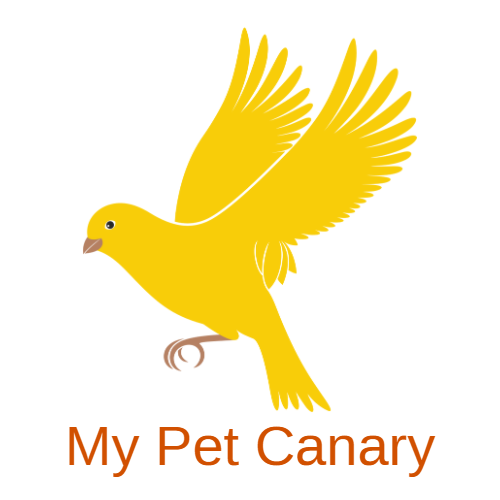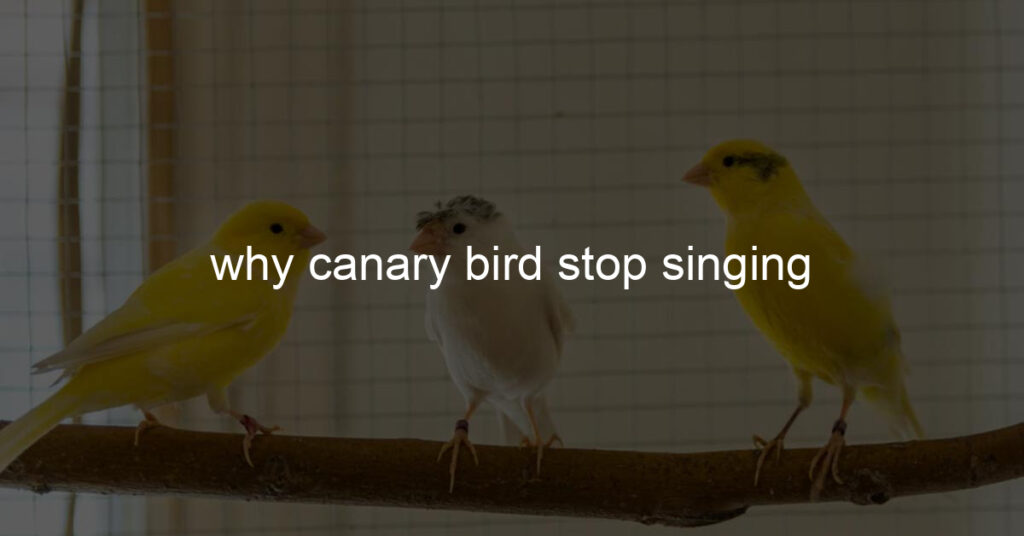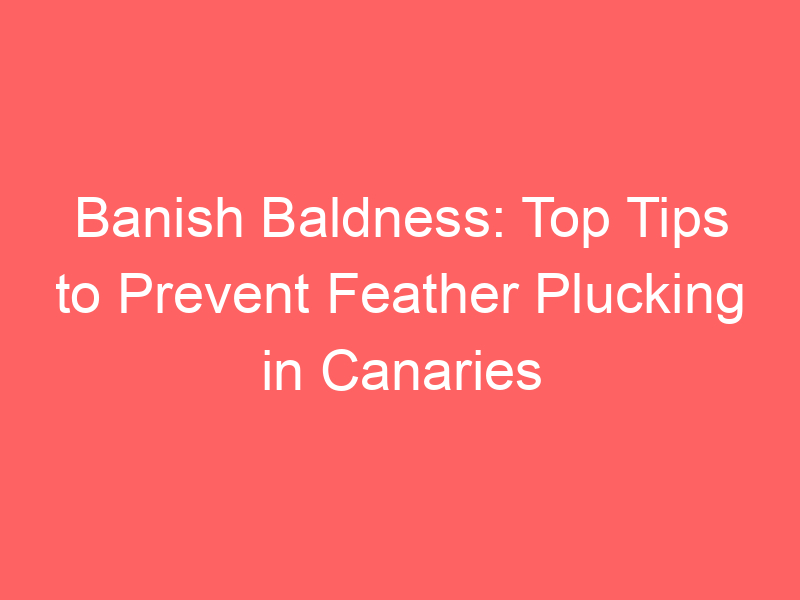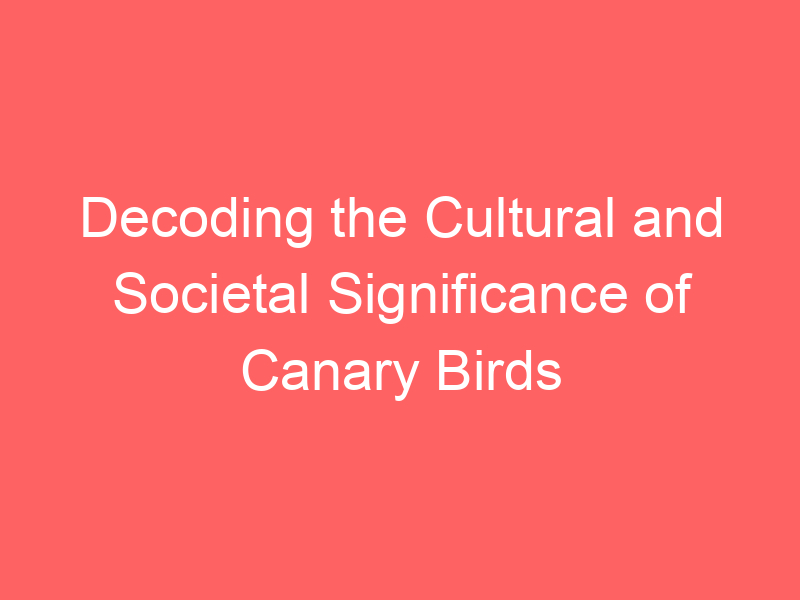The canary bird is a small passerine bird in the finch family. It is native to the Canary Islands and was introduced to other regions around the world as a pet. The most common type of canary, the English canary, has a length between 8–9 cm (3 in), and weighs between 40–60 grams (1–2 oz). It has a greyish head and upper body, with a blue-grey beak and yellow legs. They produce melodious songs and are commonly used as cage birds.
Why does a Canary stop singing?
There are several reasons why your pet canary stops singing. In some cases it could be due to simple boredom; in others, there may be underlying medical issues. Here we’ll look at both of these scenarios, as well as what you should do if this happens to your pet bird.
How can I get my canary to sing again?
If your canary stops singing, don’t panic too much. When birds are not singing they sometimes require a little time before they start up again. Here are some ideas on how to get your canary singing again:
1. Provide enrichment items such as a small perch with soft nesting material and hide toys in their cage to keep them entertained.
2. Dust the area where your bird goes to roost with fresh crumbles of dry food once or twice a day for about 10 minutes each time.
3. Play a variety of songs on a CD player at different volumes; gradually raise the volume until the bird starts singing again. If your pet is still unable to sing, consult a vet for further advice and diagnosis if necessary.
Why did my bird stop singing?
When your canary stops singing, it could be due to a number of reasons. This is typically due to boredom, or if the bird becomes ill. The most common reason your canary stops singing is because they are bored. There are other situations that could result in a bird not singing that do not include the bird becoming sick. These include a lack of calcium in the diet, which causes egg binding and ultimately death (this is also called “avian shell disease”). Another reason for this could be as simple as birds getting old, as they only have one breeding season in their lifespan.
What should I do if my bird stopped singing?
If there’s no underlying medical condition causing your pet bird to stop singing, then you should keep the cage well-cared for. Birds need fresh water and food regularly; make sure both are available and consistently renewed. Offering new toys and activities for your pet can help keep them entertained, and may help them sing again too!
At what age do canaries stop singing?
The canaries typically stop singing around 4-6 months of age. It can vary depending on the individual bird and its environment.
If your pet canary stops singing, it may be due to a variety of reasons. Some birds may stop singing as they get older because they are no longer able to sing as well as they used to, while others may not want to risk attracting predators by continuing to sing. Your pet canary may also stop singing if it has suffered an injury or burns. There are some other underlying health issues that could cause your pet canary’s singing ability to deteriorate; for example, arthritis, which is a form of joint inflammation, could make it difficult for your bird to catch and hold onto its food properly. The good news is that there are steps you can take to help them recover their voice!
How do you know if the canary is happy?
There are a few things that you can do to determine whether your pet bird is happy or not. One of the easiest ways to tell if your bird is happy is by looking at its tail. A happy bird will wag its tail up and down, and it will also sometimes flick its tail from side to side. If you notice any changes in behavior, such as lack of appetite, change in singing, or increased aggression, these could all be signs that something is wrong with your pet bird.
If you notice any changes in behavior and still cannot figure out what may be the cause of your pet’s unhappiness then consider taking them to see a veterinarian for an exam. You can also take the bird to an avian specialist who specializes in birds of prey instead of a general veterinarian if you suspect that there may be underlying health issues involved.








